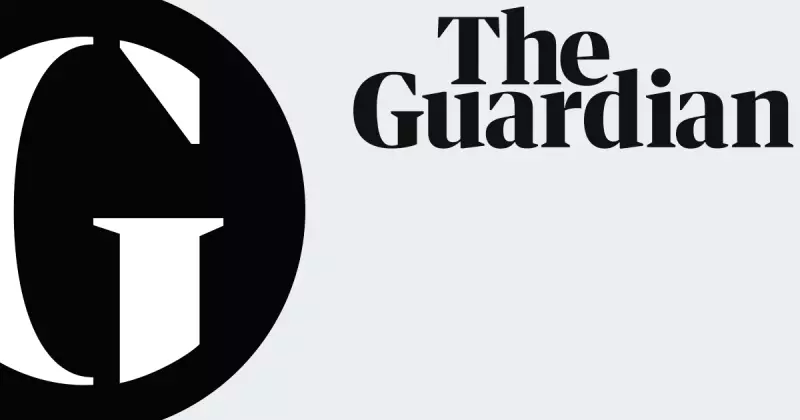
Why NHS Doctors Are Striking Again – And What It Means for Patients
Thousands of NHS doctors across the UK have walked out once again in an escalating dispute over pay and working conditions. The latest strikes highlight the deepening crisis in the country’s healthcare system, with medics warning that chronic underfunding and staff shortages are pushing the NHS to breaking point.
The Heart of the Dispute
Junior doctors and consultants are demanding fair pay rises to match inflation, arguing that years of real-terms pay cuts have left them overworked and undervalued. Many say they are struggling with burnout, while others are leaving the profession altogether for better-paid roles abroad or in private healthcare.
Key grievances include:
- Pay erosion – Salaries have fallen by up to 26% in real terms since 2008
- Unsafe staffing levels – Doctors report being stretched dangerously thin
- Exhausting workloads – Many work far beyond contracted hours
Impact on Patients
With hospitals already under severe pressure, the strikes have led to widespread cancellations of non-urgent procedures and appointments. NHS leaders warn that patient safety is being compromised as emergency services struggle to cope.
Health Secretary Victoria Atkins has called for negotiations, but doctors’ unions say the government’s offers fail to address the scale of the problem. With both sides at an impasse, further strikes seem likely – prolonging the disruption for millions of patients.
A System in Crisis
This latest industrial action reflects broader challenges facing the NHS, including:
- Record waiting lists exceeding 7 million patients
- Aging infrastructure and equipment shortages
- Growing patient demand with limited resources
As the standoff continues, many fear the NHS may face its most difficult winter yet – unless a breakthrough can be found.





